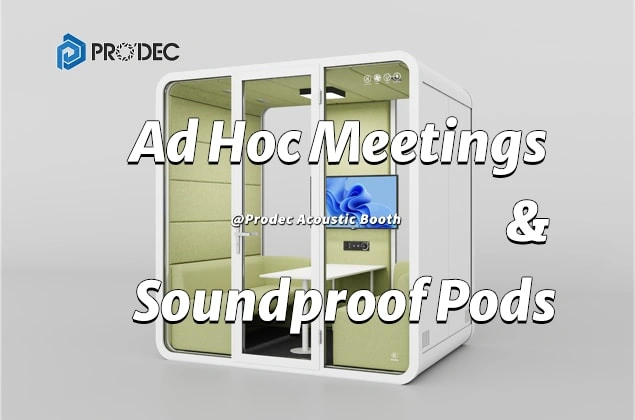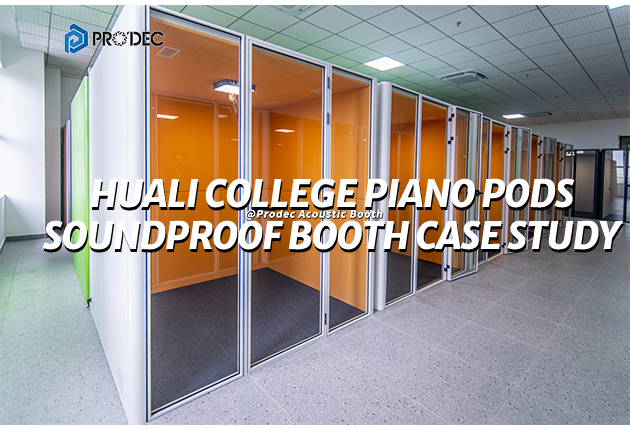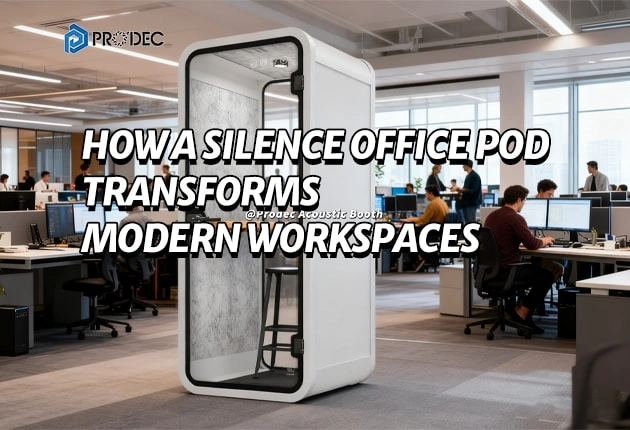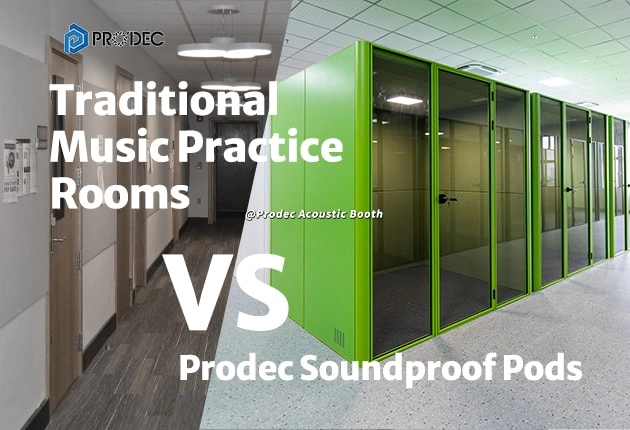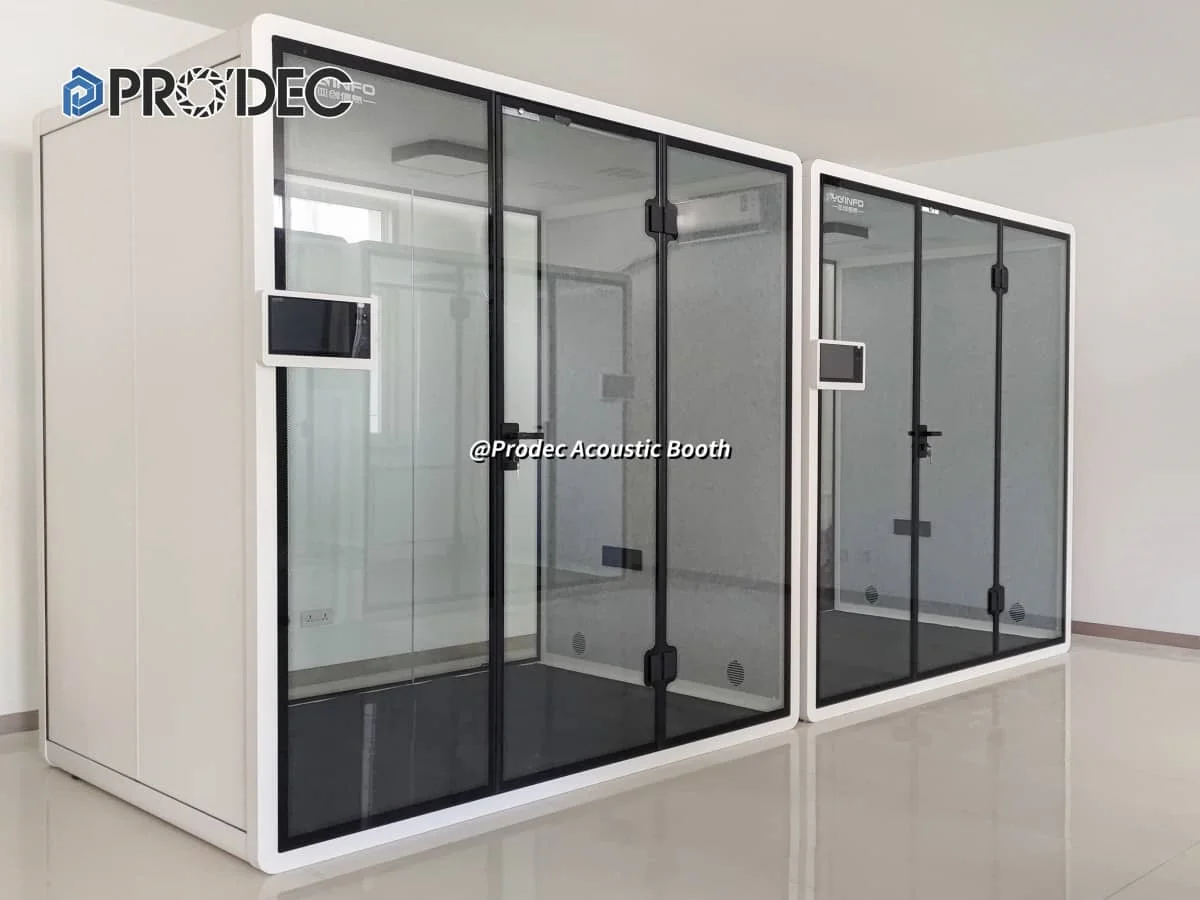
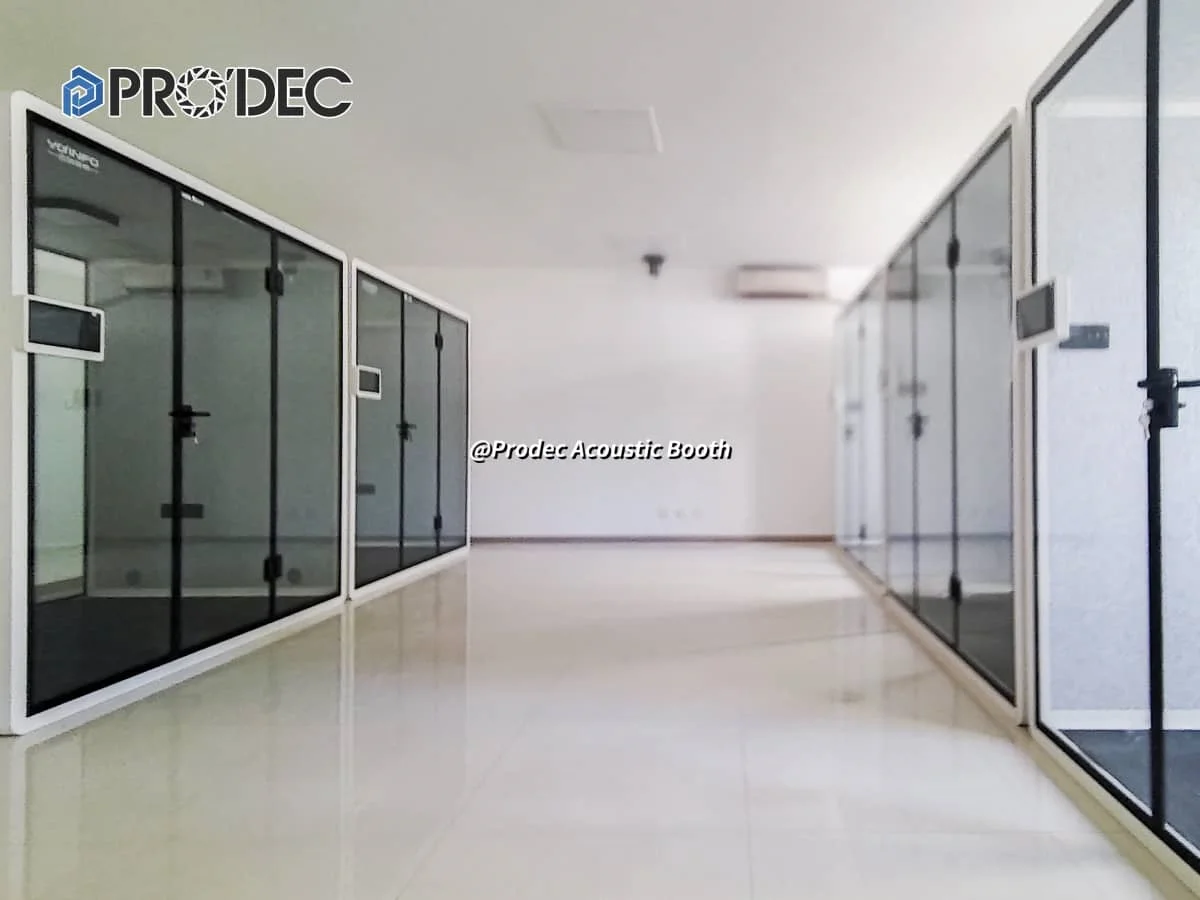
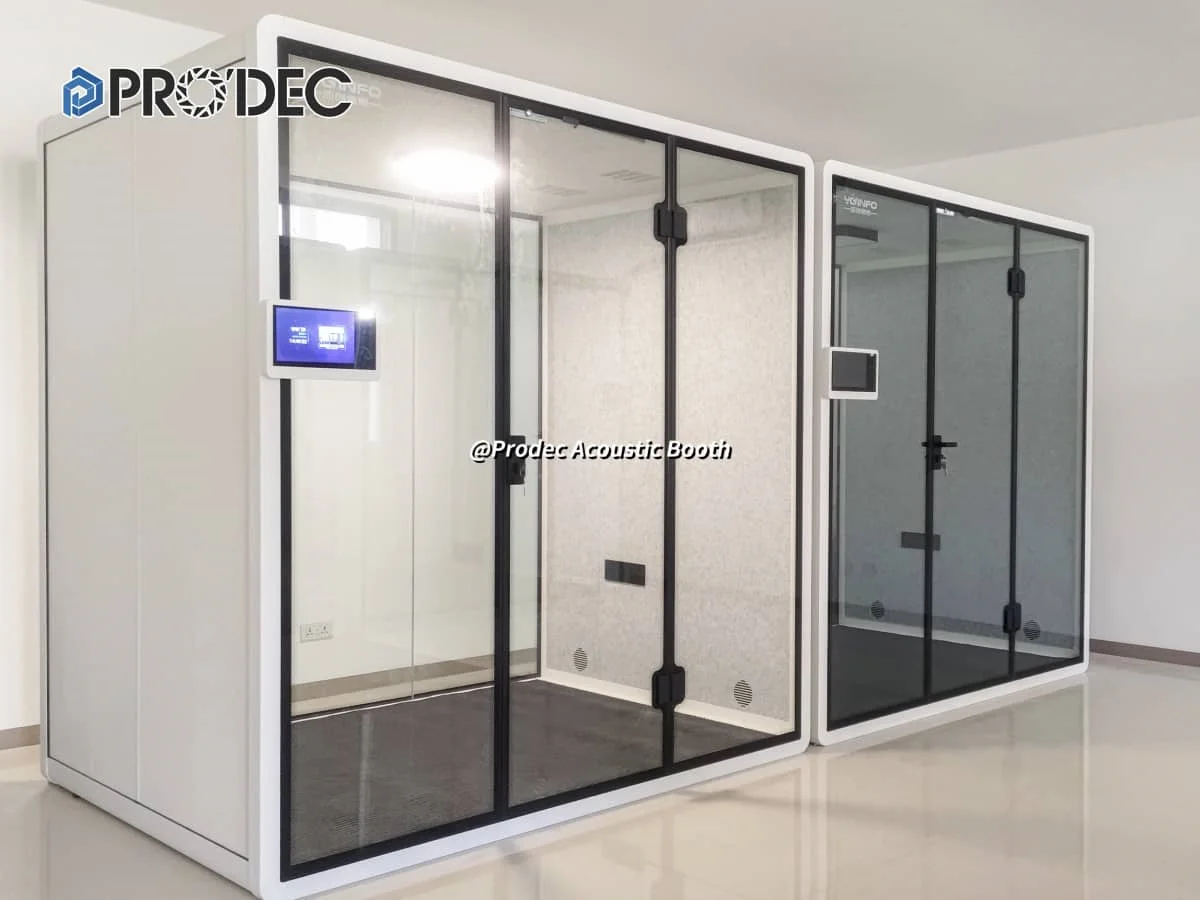
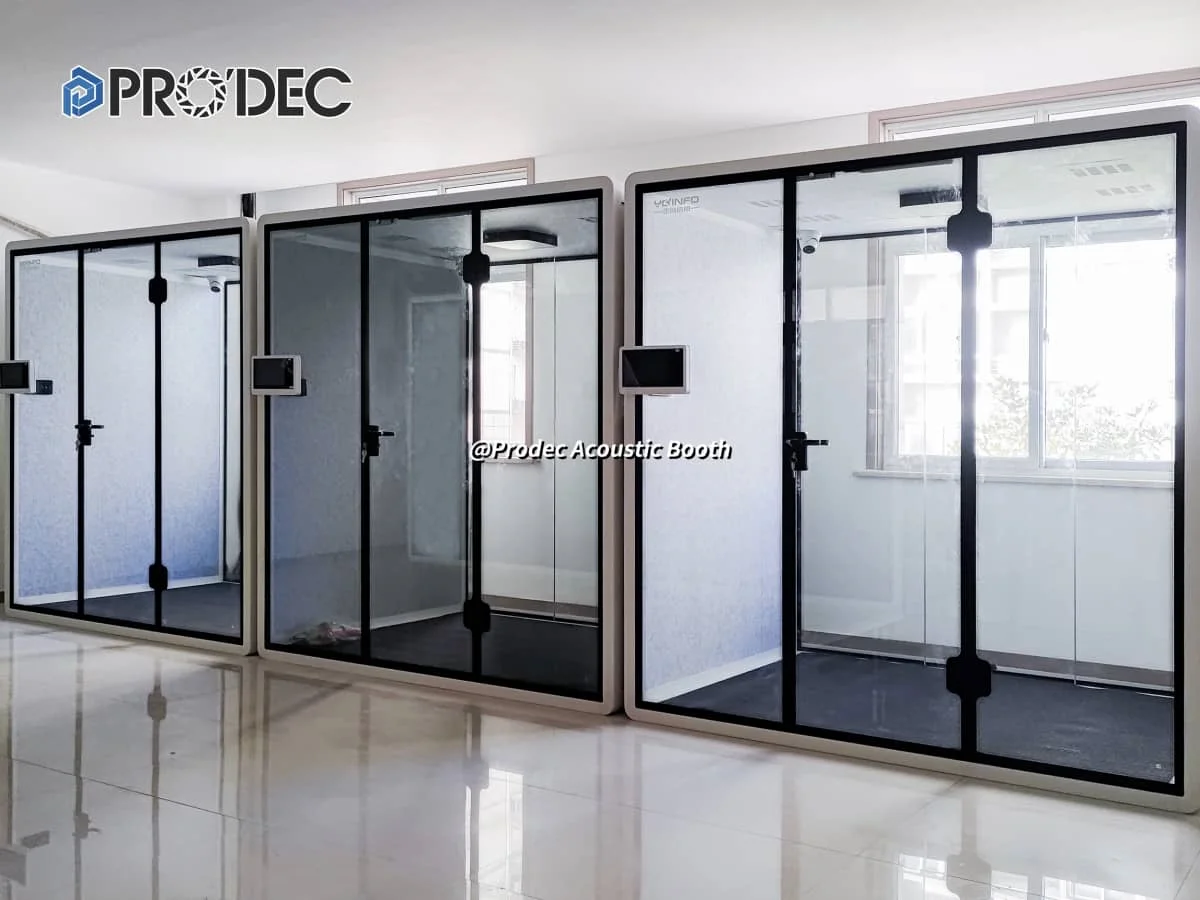
In today’s world of open-plan offices, remote broadcasting, and content creation, maintaining acoustic integrity has never been more important. One solution has consistently proven its worth across industries: the whisper room.
Originally designed for audio professionals, whisper rooms have evolved into versatile acoustic enclosures that serve a wide range of applications—from medical testing to voiceover work, podcasting, and corporate communication. But what exactly makes them so essential?
1. Voiceover & Audio Production: Eliminate Background Noise
For voice actors, sound designers, and podcast hosts, a quiet recording environment isn’t optional—it’s essential. Even the most advanced microphones can't fix issues like echo, HVAC hum, or ambient office chatter. A whisper room offers:
Excellent sound isolation
Low ambient noise levels (often rated down to -30 dB)
A controlled acoustic environment that boosts sound clarity
Whether you’re building a home studio or a professional post-production facility, whisper rooms ensure you get crisp, production-grade results.
2. Medical & Audiology Applications
Many audiometric tests and hearing evaluations require controlled environments. Hospitals, clinics, and audiologists often rely on whisper rooms to:
Conduct hearing tests without external noise interference
Meet medical-grade acoustic standards
Ensure patient comfort during evaluations
In this context, whisper rooms become more than a convenience—they’re part of diagnostic accuracy and regulatory compliance.
3. Corporate Offices & Confidential Calls
With the rise of remote collaboration and hybrid workplaces, employees need quiet spaces for sensitive calls or focused work sessions. Whisper rooms serve as acoustic booths where team members can:
Take confidential meetings or HR interviews
Record internal training sessions
Conduct virtual presentations without disruption
Compared to full-scale office renovations, whisper rooms are a cost-effective and modular solution that doesn’t require permanent structural changes.
4. Educational Institutions & Research Labs
In schools, universities, and research facilities, acoustic privacy can impact the quality of:
Language labs
Speech therapy sessions
Sound-sensitive experiments
Installing whisper rooms within educational or lab settings provides a reliable space for uninterrupted tasks that depend on minimal noise pollution.
5. Content Creation in Shared Spaces
Coworking spaces and media labs now cater to a broad spectrum of creators. For YouTubers, TikTokers, and musicians, having access to a portable, sound-isolated recording booth can significantly improve content quality. Whisper rooms offer:
A non-intrusive setup
Portability if needed
Professional acoustics without the cost of a full studio build
6. Broadcasting & Live Streaming
In fast-paced media environments, consistent audio quality is key. News stations, live streamers, and event broadcasters use whisper rooms to isolate voices from:
Event background noise
Technical equipment buzz
Crowd interference
This helps maintain clarity for both live and recorded output.
Final Thoughts: Why Whisper Rooms Matter
Whether you’re working in healthcare, media, education, or corporate environments, acoustic quality affects productivity, communication, and professionalism. A whisper room provides a dedicated space for silence, enabling users to focus, record, or test with peace of mind.
It’s not just about eliminating noise—it’s about creating clarity.






